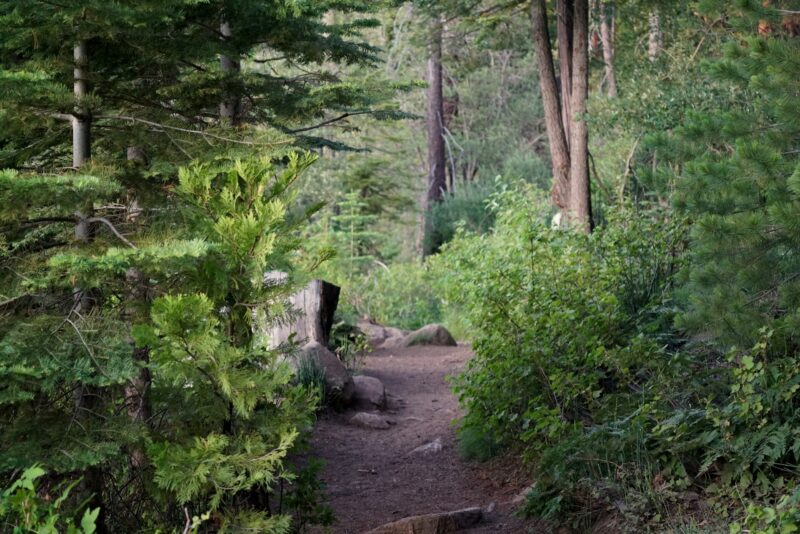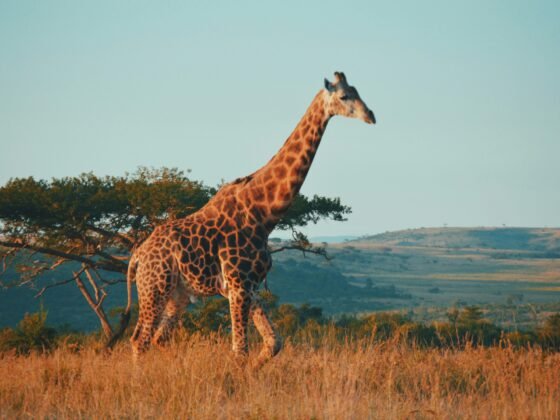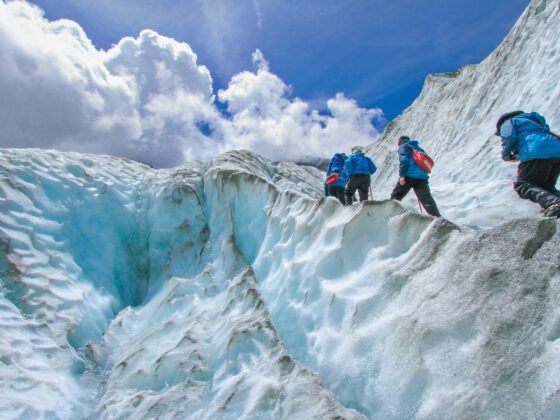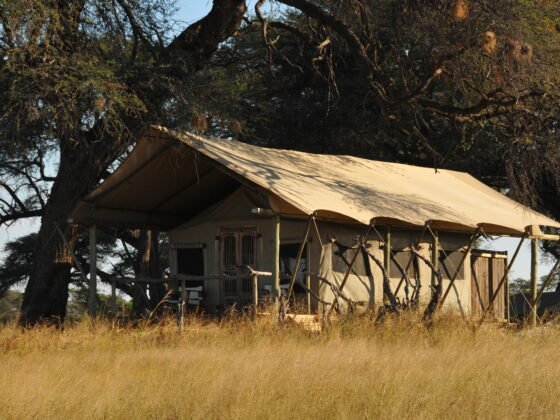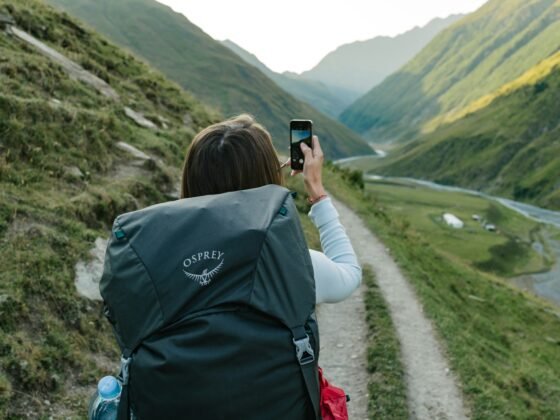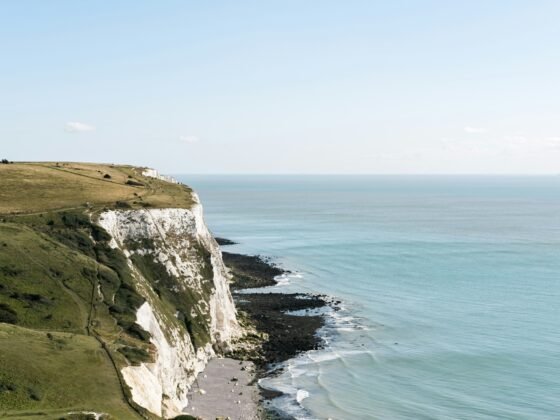Confidence is a vital trait that empowers children to navigate life’s challenges, take on new experiences, and grow into resilient individuals. For young explorers, building self-assurance doesn’t happen overnight; it requires opportunities to test their boundaries, embrace challenges, and discover their unique strengths. Adventure programs provide the perfect environment for this kind of growth, combining fun, teamwork, and personal development into unforgettable experiences.
Stepping Outside the Comfort Zone
Adventure programs are designed to push participants beyond their usual routines and comfort zones. Activities such as rock climbing, zip-lining, or navigating a high-ropes course require courage and determination. By tackling these challenges, children learn to confront their fears and discover what they are truly capable of achieving.
Overcoming obstacles in a supportive environment helps children build trust in their abilities. These moments of success, no matter how small, create a ripple effect, boosting confidence in other areas of their lives.
Learning Through Challenges
Adventure programs often present tasks that require problem-solving and critical thinking. Whether it’s finding the best way to cross a river during an orienteering challenge or constructing a shelter as part of a survival skills workshop, these activities encourage participants to think creatively and work under pressure.
Solving problems in real-time teaches young explorers resilience and adaptability. These experiences demonstrate that mistakes are opportunities to learn and grow, helping children develop a positive mindset that fosters self-assurance.
Fostering Teamwork and Communication
Many adventure activities are designed to be collaborative, requiring participants to work together to achieve a common goal. Team-based tasks, such as group kayaking or a scavenger hunt, teach kids the importance of communication, cooperation, and compromise.
For shy or introverted children, these activities provide a safe space to interact with peers and build social connections. Learning to rely on others and contribute to a team effort helps children feel valued and supported, boosting their self-esteem.
Encouraging Independence
Adventure programs offer young people a taste of independence, often for the first time. Being away from home and navigating new experiences helps children develop decision-making skills and take responsibility for their actions. Whether it’s choosing the best route on a hike or managing their time during a camp schedule, these moments of autonomy build confidence and self-reliance.
For parents, sending their children to a specialist kids camp can be a reassuring way to introduce independence in a safe and structured environment.
Building Resilience Through Setbacks
Not every challenge in an adventure program will be met with immediate success, and that’s a good thing. Experiencing setbacks teaches children that failure is a natural part of growth. Whether it’s struggling to complete a climbing wall or needing multiple attempts to light a campfire, these moments build resilience and determination.
Resilient children are better equipped to handle difficulties in school, relationships, and future endeavors. Adventure programs provide the perfect setting for developing this essential life skill.
Inspiring a Love for the Outdoors
Spending time in nature is an integral part of most adventure programs. From exploring forests to paddling on lakes, these experiences connect children with the natural world and provide a sense of freedom and wonder.
The physical activity involved in outdoor adventures not only promotes health and well-being but also boosts mood and energy levels. This positive environment encourages children to embrace challenges with enthusiasm, further enhancing their confidence.
Developing Leadership Skills
Adventure programs often provide opportunities for participants to take on leadership roles. Whether it’s guiding a team through an obstacle course or planning a group’s next activity, these moments allow children to practice decision-making, delegation, and motivation.
Leadership experiences help children recognise their strengths and develop a sense of responsibility. For young explorers, these skills are invaluable, building confidence in their ability to inspire and guide others.
Creating Lasting Friendships and Memories
The shared experiences of an adventure program often lead to strong bonds among participants. Working together to overcome challenges and celebrating each other’s successes fosters a sense of camaraderie and belonging.
These friendships, along with the memories of thrilling adventures, leave a lasting impression on young explorers. Feeling supported and valued by their peers reinforces self-confidence and a sense of identity.
Tailored Experiences for Personal Growth
Programs like a specialist kids camp are designed to cater to diverse interests and skill levels, ensuring that every child has the opportunity to thrive. From beginner-friendly activities to more advanced challenges, these camps provide a personalised approach to building confidence and encouraging growth.
By focusing on individual strengths and offering a variety of activities, specialist camps create an inclusive environment where all participants feel empowered to succeed.
Making Adventure Programs Accessible
To ensure that as many children as possible benefit from adventure programs, it’s important to make these experiences accessible. Here are a few tips for parents and educators:
- Choose the Right Program: Look for camps or programs that align with your child’s interests and abilities.
- Start Small: Begin with day trips or shorter programs to ease children into the adventure experience.
- Encourage Participation: Support your child’s involvement by discussing their interests and addressing any concerns they may have.
- Plan Ahead: Book early to secure spots in popular programs and take advantage of discounts or scholarships.
Conclusion
Adventure programs offer young explorers an unparalleled opportunity to build confidence, resilience, and life skills. Through challenges, teamwork, and the freedom to explore, children develop a stronger sense of self and a greater appreciation for the world around them.
Programs like a specialist kids camp provide structured yet flexible environments where children can thrive. By prioritising personal growth and creating lasting memories, these programs ensure that young explorers leave with newfound confidence and the tools they need to succeed in all aspects of life.
Photo by Tim Photoguy on Unsplash
